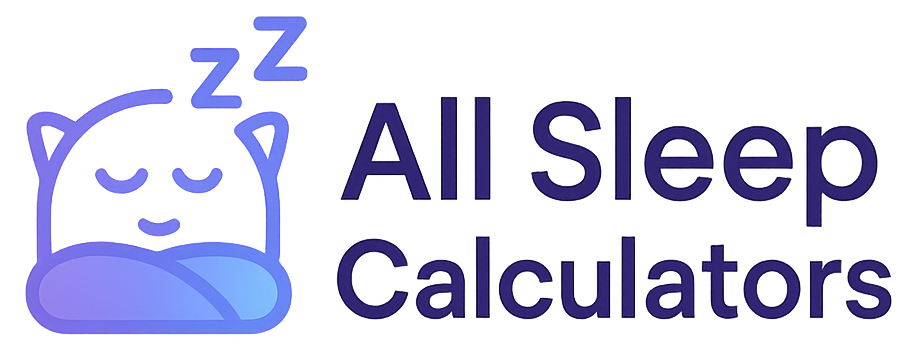Jet Lag Calculator
Minimize jet lag with a personalized travel adjustment plan
Jet Lag Calculator
This tool helps you create a plan to minimize jet lag when traveling across multiple time zones. Get a personalized schedule to adjust before, during, and after your journey.
About Jet Lag
Jet lag occurs when your body's internal clock (circadian rhythm) is out of sync with the local time at your destination. Symptoms include fatigue, insomnia, difficulty concentrating, digestive issues, and mood changes.
Key Factors in Jet Lag Severity
- Direction of Travel: Eastward travel (advancing your clock) is typically harder to adjust to than westward travel
- Number of Time Zones Crossed: More zones = more severe jet lag
- Age: Older adults often experience more severe symptoms
- Travel Conditions: Flight duration, layovers, and sleep quality during travel
Adjustment Strategies
Pre-trip Adjustment
Begin shifting your sleep schedule 1-3 days before travel. Best for longer trips and time differences of 3+ hours.
Pros
- Reduces recovery time at destination
- Minimizes daytime sleepiness
Cons
- Requires advance planning
- May be impractical with work/social commitments
Upon Arrival Adjustment
Immediately adopt the local schedule upon arrival. Best for most travelers and moderate time differences.
Pros
- No pre-trip adjustments needed
- Simplest approach
Cons
- First 1-2 days may be challenging
- May experience more severe symptoms initially
Minimal Adjustment
Keep your home sleep schedule as much as possible. Best for short trips (1-3 days) or business travelers.
Pros
- Minimal adjustment when returning home
- Good for very short trips
Cons
- May be socially isolating
- Difficult with large time differences
Science of Jet Lag
Your body has a master clock in the hypothalamus that regulates your 24-hour circadian rhythm. This clock is synchronized primarily by light exposure, but also by meal timing, exercise, and social interactions. When you rapidly cross time zones, these cues are suddenly changed, and your body needs time to adapt to the new schedule.
